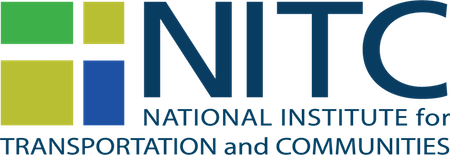 |  |  |

Professor
Department of Civil and Environmental Engineering
Portland State University
Professor Figliozzi is the founder and co-director of the Transportation Technology and People (TTP) research lab, as well as a professor of civil and environmental engineering at Portland State University. He is a widely cited scholar and member of the Transportation Research Board Network Modeling Committee and Transportation and Logistics Committee. Figliozzi’s main research areas are transportation systems modeling, statistical analysis, and optimization. For more details visit his website http://figliozzi.cecs.pdx.edu/
Email: figliozzi@pdx.edu
Website: https://transportation.cee.pdx.edu/
